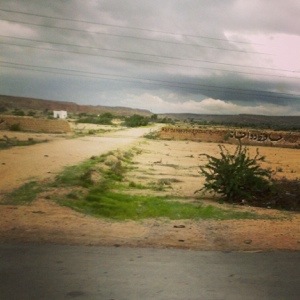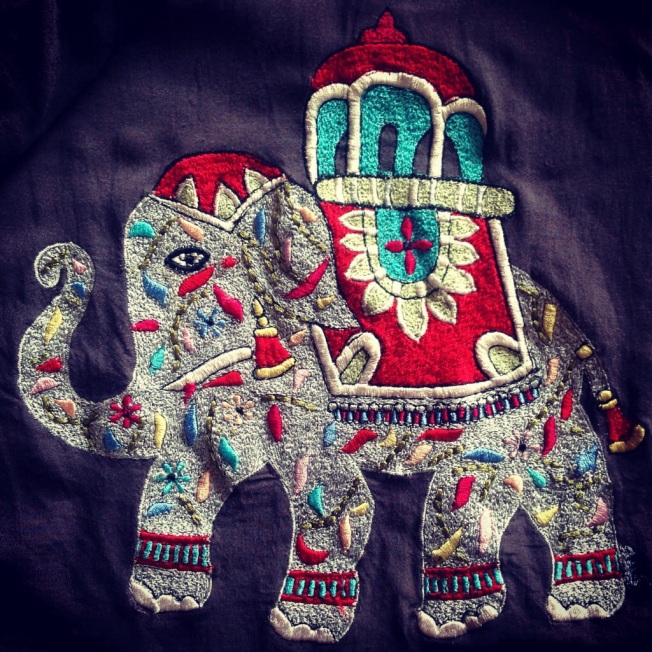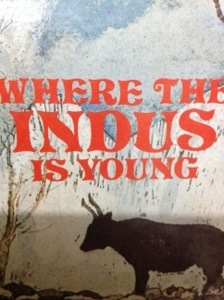Category Archives: Festivals
Dawn in the Valley of Wisdom – Saaee’n Amar Jaleel
It was by sheer boring routine of the day that I decided to go through some pages on Facebook that I had joined over the past many years. In one of the academic pages, I stumbled upon a post sharing details of Sindh Abhyas Academy seminar on Sindhi literature. Sindh Abhyas Academy of Szabist has started a series of seminars focusing on Sindh – its history, literature, archaeology, and music.
Read: Does changing the script kill the language?
It was 4 am on a Sunday and the seminar timings were 3pm on the same day. I wasn’t sure if I’d be able to make it since I need a good few days before I decide to go out and socialize. In the morning, I though decided to not miss this opportunity of hearing Saaee’n Amar Jaleel [you can read more about this great Sindhi writer and his published work on his website]. By some miracle, my brother (who hates reading anything and everything and despises any sessions on literature) agreed to accompany me and so we reached at Szabist 90 – a good 40mins late.
First session was a talk by G.M. Umrani. I could only catch last five minutes of his seemingly controversial talk and povs. He sounded aggressive like some religious clergy. Pardon me, if you are a fan. By seeing the heat on Twitter, I am rather happy (or not) to miss the first session.
The gorgeous, wrinkled Indian elephant – au revoir, you beauty!
Muharram in Skardu, ’75
Reading Murphy’s Where the Indus is Young during the month of Muharram has its own kind of fascination. My Facebook timeline is filled with odes from Shiah friends, hate (or rather judgmental) speech from Sunni friends, and then a few messages from those who are troubled by the stark intolerance of these two groups. Personally, I haven’t yet seen a Shiah friend talking insolently about Sunni followers or their leaders; however, Sunni friends are persistent the former group hates their khalifaas.
A midst all this, Murphy’s book takes us back to Aashuraa of 1975 in the areas of Gilgit/Baltistan, where the situation doesn’t seem any different. She is witnessing a Muharram procession which she finds similar to Irish Good Friday. Murphy talks about how she was switched off by this display of insensate grief. Throughout the book, Murphy has mentioned de Fillipi’s quotes from his journey Read the rest of this entry
Dervla Murphy – Travelogues (Where the Indus is Young)
Last week, I finally got myself some travelogues – not that I hadn’t had any, but it’d been a while since I last visited Afghanistan by the eyes of Rory Stewart. I decided to continue that journey but move inside towards Pakistan. Dervla Murphy is my new body (however that sounds) travelling through Islamabad, Pindi, Swat, Gilgit, and now Skardu Baltistan.
Murphy is travelling with her daughter – 6 years old, can you believe that? – during the extreme cold months of December-January (it’s still going on, i think it’ll continue till March). This journey is based in the year 1975 with apparent differences one would notice especially after 9/11. She talks about rather naive people of Gilgit and Skardu – she actually names some as idiot and oaf which is very uncalled for coming from a writer.
However, the book is full of stories, landscape explanations (rather visual), apricots-eating weeks, games of getting kerosene oil to keep warm, filthy state of being unwashed for weeks, thrills and anxiety of travelling with a tiny little child, Fillipo De Fillipi quotes, and well a few buckets of adjectives.
Murphy is travelling the northern plate of Pakistan which boosts a plenty of highest mountains of the world. Those sheer peaks properly presented by Nature with beautiful, transparent lakes, unharmed by little hamlets, and very simple life of locals make for a pretty riveting read.
It’s actually quite exciting and relevant to read this book during the final days of Muharram where Murphy is talking about bloody flagellations witnessed in Skardu. She has painfully described the mourning day when a few thousands of people beat their own chests, cut their scalps and backs with knives and keep on thumping their chests for hours in a below freezing temperature. During those few pages, I felt rather upset due to the fact Murphy was witnessing this with her 6yr old. Travellers have their own ways, perhaps?
I am planning to read Stewart again after I finish Dervla Murphy’s Where the Indus is Young to compare if that one was indeed a better read. It should be noted that Stewart’s journey started post 9/11 which could be a reason it felt more relevant to me. Throughout last 4 days I have been in a nostalgic memory of travelling with Stewart but let’s focus on Murphy, Baltistan and adjectives for now!
More updates once I finish the journey!

Southern(lower) plains of Pakistan – in stark opposition of Northern side of peaks!
*Muharram is a holy month in Islam when the Shiah sect of Muslims mourn the barbaric deaths of Prophet’s grandson Hussain and his followers. This mourning is in the form of rallying but sometimes it gets violent when mourners start injuring themselves. This month is revered and respected by almost all sects of Islam. Read more on Wikipedia.
P.S. Must thank Kitabain.com for delivering some beautiful titles for half the prices!
[Photo Story] How Karachi lights up for Eid-ul-Fitr!
From decked up malls to Chennai Express running to packed houses, the Eid weekend in Karachi was fast and flashy with a saccharine ‘meethai’ sweet in flavour.
It was my first Eid in Pakistan’s largest town – Karachi. Being more of a small town girl, I was keenly looking forward to the festivities that Karachi would offer on Eid.

From where I saw it, city people seem to be very much inclined to spending money and shopping, and less in meeting people and celebrating Eid traditions. Commercialism and capitalism galore!
Let’s start with the chaand raat – the evening when the moon is sighted after a read more…
The festivity and brutality of Bakra Eid in Pakistan
Published on The Alternative.
The only time, in Pakistan, we talk exclusively about animals and pretend to care about them (by ultimately killing and eating them) is Eid-ul-Azha. Eid-ul-Adha (locally called Bakraa Eid) and also known as the Feast of Sacrifice, is a Muslim festival that marks the end of pilgrimage to Makkah, KSA, and commemorates Abraham’s faith by showing his willingness to sacrifice his own son Ishmael on the orders of God.
It is a three day long festival which starts with a morning sermon and prayers in the mosque, followed by sacrificing an animal, distributing its meat and then having a feast with family and friends. The meat of the animal is divided into three equal parts: the self, for relatives, neighbours and the poor. Sweet vermicelli, dates, rice desserts and other traditional sweet dishes are prepared as well.

The best part of Bakraa Eid that I used to like when I was a child, and I still see little children enjoying now, is getting new pets, feeding them and having fun with them till the day of Eid when eventually little hearts get broken by their murder. Read the rest of this entry



